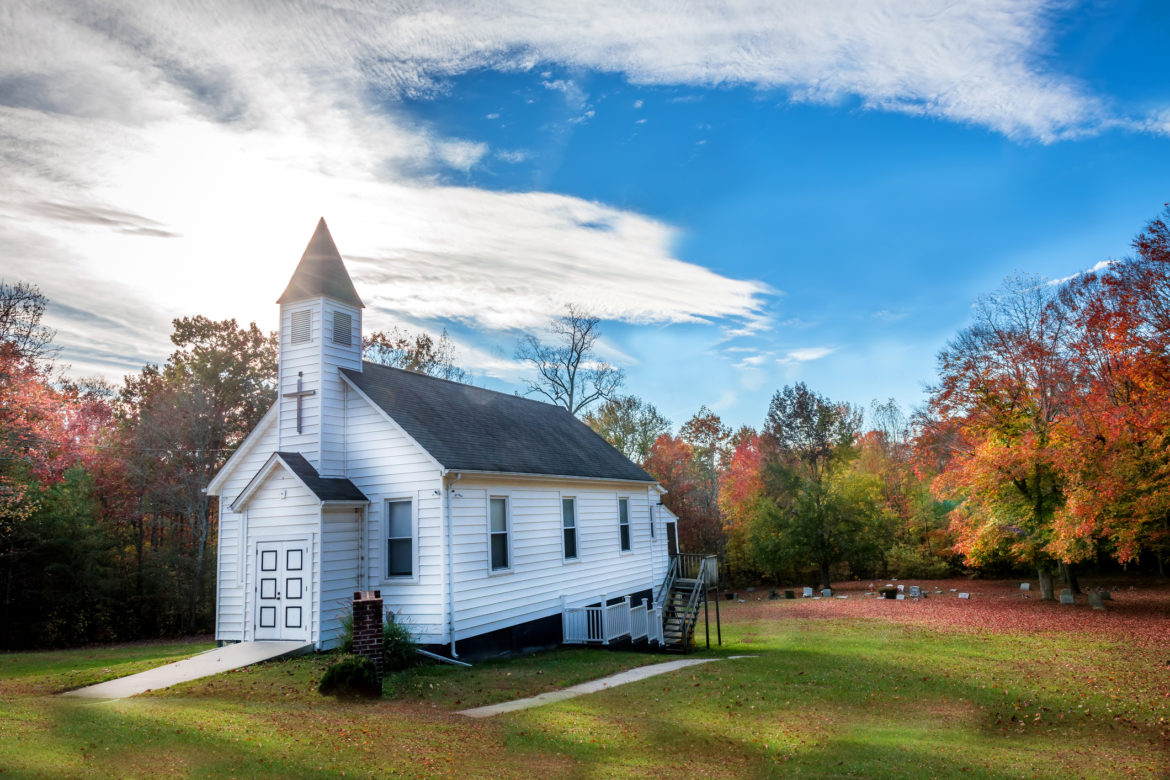I’m thankful that God didn’t leave us to guess about the qualifications of church leaders. Both Titus 1 and 1 Timothy 3 provide some basic traits that should characterize elders and deacons. Elders, for example, should be men who are “above reproach, the husband of one wife, sober-minded, self-controlled, respectable, hospitable, able to teach” and so on (1 Tim. 3:2). They must “not be arrogant or quick-tempered or a drunkard or violent or greedy for gain” (Titus 1:7). Elders should also “shepherd the flock of God…being examples to the flock” (1 Pet. 5:2-3).[1]
Deacons should be men “full of the Spirit and wisdom” (Acts 6:3). They should be “dignified, not double-tongued, not addicted to much wine, not greedy for dishonest gain” and so on (1 Tim. 3:8). Like elders, they should “be tested first” (v. 10). The “council of elders” (1 Tim. 4:14) plays a key role in the examining and vetting process, as well as the ordination and installation by the laying on of hands.
But notice what are not listed as qualifications: seasoned banker, Fortune 500 CEO, politician, an earned Ph.D. in theology, a “nice guy,” or the ability to swing a hammer. Unfortunately, these often become the qualifying factors. Moreover, being qualified doesn’t mean being perfect. If that were the case, we would have no elders or deacons at all!
This is not overly complicated. But having unqualified elders and deacons can prove disastrous. I want to give you four basic reasons why it is not only God-honoring to have biblically-qualified elders and deacons, but pastorally wise and helpful.
1. They make decisions on behalf of your church. I want the most spiritually mature, wise, humble, Christ-exalting, Scripture-knowing, and household-managing men serving as elders and deacons in my church. Why? Because they make decisions—big and small—on behalf of our church. An elder in the Presbyterian Church in America (PCA), for example, can vote at the highest court of our denomination. If we don’t insist upon biblical qualifications, you can have a very unqualified (or even unsaved!) person voting on decisions that affect the entire church, which is neither safe nor right. At the local level, this could lead to entertainment-driven “worship,” neglect of healthy church discipline, and many other devastating trends that we are seeing across our nation. We should strive to have biblically-qualified leaders making decisions on behalf of our churches.
2. They are examples to the flock. When you examine the lists of qualifications in the passages mentioned above, most of them have to do with character and family life. A healthy church will have elders and deacons who are godly and humble examples to the flock (cf. 1 Pet. 5:3). Unqualified officers—who are promiscuous, uncontrolled, disrespectful, inhospitable, and so on—actually prove a hindrance to the spiritual growth of the members. If the members are told, “Obey your leaders and submit to them, for they are keeping watch over your souls” (Heb. 13:17), but the leaders are leading the sheep to Dr. Phil rather than to Jesus, we have a problem. They should be examples to the flock so that they follow qualified elders and deacons who, in turn, are following Christ (1 Cor. 11:1).
3. It provides greater unity and peace in the church. I’ve served in churches were some elders love Reformed theology and others hate it. I’ve seen elders split over infant baptism. I’ve known a deacon to have committed adultery and continue as an active deacon. Make no mistake: quarrels among the shepherds can disillusion the sheep. Oftentimes, leaders who are quick-tempered or uncontrolled (cf. Titus 1:7-8) dig in their heels, take “sides” in the church and begin lobbing condescending grenades at one another. Fed up with division, people start leaving. Not that having qualified leaders doesn’t rule out the possibility of division, of course, but it does generally provide greater unity and peace in the church. Personally, I’m grateful for the unity of our elders at my church and I don’t take that for granted. And while they are not perfect and battle with sin, they are nevertheless biblically qualified. Our members, in turn, see the unity and the peace and it excites them and gives them the confidence to strive with us in our vision and mission as a church.
4. It’s a functional trust in the sufficiency of Scripture. Rather than simply trusting someone’s financial experience as the qualifying characteristic for making a good deacon, we have the opportunity to trust in the sufficiency of Scripture. Having financial wisdom is certainly a good thing, but it’s not God’s qualifying priority for that office. It might seem that a certain missions-minded man in your church, for example, should be an elder (and for that reason alone). But if he does not manage his household well, he is unqualified (1 Tim. 3:5). This is a step of faith, where worldly wisdom crumbles at the feet of the One who shames the wise (1 Cor. 1:27). Scripture is sufficient. Let’s trust God’s design—in providing the perpetual offices of elder and deacon—for the God-honoring governing of the body of Christ.
[1] According to the New Testament, “elders” and “overseers” refer to the same office (cf. Titus 1:5,7; Acts 20:17,28; 1 Pet. 5:1-2). Oversight is simply a function of being an elder.
A version of this article was previously published at The Christward Collective (April 30, 2015).

